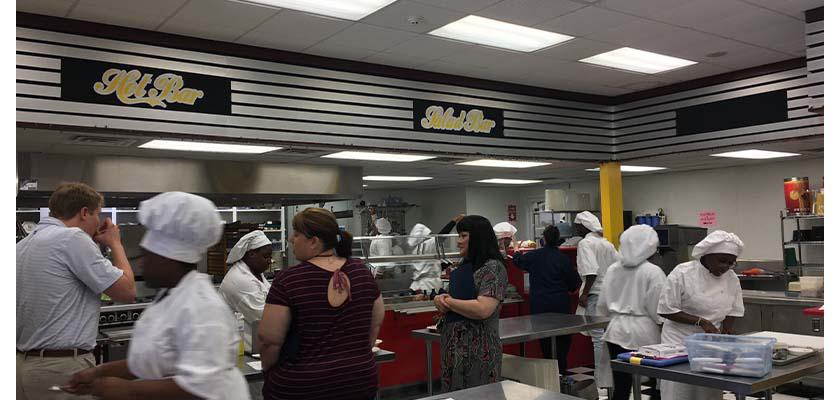The Alabama Restaurant & Hospitality Association (ARHA) is pleading with the legislature for financial relief in the struggling restaurant and hotel business.
On Jan. 19, ARHA had multiple advocates give presentations before the legislature to request funding to support the struggling hospitality industry.
Since the COVID-19 pandemic, the hospitality industry has experienced significant troubles maintaining businesses. During the height of the pandemic, most businesses in the state were forced to either shut down or limit their operations significantly. Restaurants across the nation are struggling due to staffing shortages, product costs, and labor costs.
The National Restaurant Association conducted a nationwide survey and discovered that Alabama’s restaurants continue to struggle past the height of the pandemic.
According to the survey, 79% of restaurants reported being understaffed, and 65% said their sales were down from 2019.
All restaurants reported having higher food costs, and 81% reported having to increase the cost of labor.
One of the most prominent issues in the state is the number of restaurants that have lost employees. Of the restaurants that have lost employees, the average reduction in staff is 82%.
The supply chain breakdown has also caused the prices for nearly everything to rise. The cost of beef is up almost 60%, oil and fat are up 50%, eggs are up 39% and flour is up 29%.
ARHA believes that without aid from the state, more businesses will be forced to close, and the subsequent tax revenue from tourism will decline as well. ARHA is asking the legislature to use the federal ARPA funds to create a grant program that would allow businesses in the state to recover a portion of lost revenue.
The total amount in the grant would be $265 million and would prioritize hotels and restaurants that have lost at least 20% of their gross income from 2019. The grants would be capped at $300,000 and prioritize businesses that did not or could not receive PPP loans. Any business that received aid through the federal Restaurant Revitalization Fund would have that sum subtracted from any state grants, should the grant be accepted.
One business owner, Bob Parker, who owns multiple Dreamland BBQ locations in the state, spoke before the legislature about the roadblocks he and other restaurant owners have encountered over the past 20 months.
According to Parker, most state and local funds have gone to areas with high rates of tourism, which does little to help businesses in areas less likely to be tourist destinations.
“Homebuilders right now, best freaking year they’ve ever had, and 2020 was pretty good too,” Parker said. “Our industry was crippled. We did $1 million less in 2021 than we did in 2019.”
Parker also stated that he and other restaurant owners had lost a significant portion of their employees, losing combined decades of experience. The lack of available labor has created issues with having a workforce conducive to a desirable atmosphere.
“You’re hiring anybody that walks through the door,” Parker said. “You’re not dealing with the employees that you would select. You’re dealing with people that you need just to fill a position.
The people that we’re hiring that you see are people that have said, ‘I’m staying because I have nowhere else to go,’” Parker said. “If you had a baseball team and everybody else could go play for a better team, and you got stuck with the guys and girls that are left, how good would y’all be?”
There have been several efforts from the government to ease the losses in restaurants. The federal Restaurant Revitalization Fund distributed funds to restaurants across the nation. Of the 3,000 Alabama restaurants that applied for relief, only 886 received any funds, and not in the amounts that were requested.
To connect with the author of this story, or to comment, email craig.monger@1819news.com










